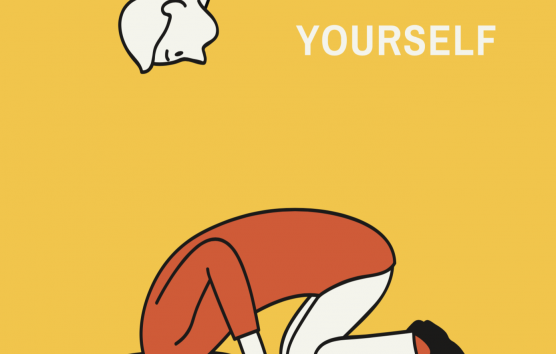Scouring job listings and filling out applications? Check.
Creating a resume and cover letter that gets you noticed? Check.
Hopefully, if you’re doing all the right things and luck is on your side, you’ll land some interviews— the last hurdle before the finish line.
Interviews can be a tricky field to navigate, unless you’re a mind reader.
We’ve put together a list of common interview questions and how to answer them, to help you prepare for your next interview.
Why do you want to work here?
Do your research on the company.
A full time position means you’re going to be spending 8 hours of your day, 5 days a week with this company— For your own benefit, it’s worth digging into what the company is about and how they foster work culture.
Consider why you sincerely want to work for the company, besides the pay-checks and benefits.
- What excites you about the company?
- What excites you about the job?
- Do your career goals align with the position?
- Do you admire their products/services?
- Do you admire reputation of their leaders?
The interviewer is interested in your career goals and your work values to determine whether or not you’d be a fit for the company. If you’re dishonest from the start, you’re not doing anyone any favours.
Why did you leave your last job?
This is a relevant interview question, and it can be a difficult one to navigate. While there are plenty of good reasons for leaving a job, not all of them should be discussed in a job interview.
The safest route to answer this question is to explain that you’re looking ahead for better career opportunities.
You should never air out dirty laundry about previous employers or management.
The ideal answer most employers want to hear is that they’ve got the opportunity for the growth you’ve been looking for.
How would your boss and co-workers describe you?
You should answer this question honestly because chances are they will be conducting reference checks.
We know that finding nice things to say about yourself can be a lot more challenging than saying nice things about your peers. If you’re not sure where to start, can ask someone.
List two or three of these personal traits and provide some background to how these traits have helped you succeed in previous roles.
What do you consider to be your weaknesses?
This is a tricky question because you don’t want to be setting off any red-flags.
And they also don’t want to hear that you’re perfect—“I work too hard” is not going to cut it.
The key to answering this question is all about demonstrating your self-awareness. Think of something genuine you’re struggling with and how you plan on improving this weakness.
Tell me about a challenge or conflict you faced at work and how did you manage it?
This is another behavioural-style interview question. The idea behind behavioural questions is that past experiences will give a good indication of your work behaviour for your next role.
Conflict is a touchy subject.
Most of the time, people are trying to avoid it at all cost. The best way to answer this question is to tell a story about a situation and break it down into brief points— why conflict might have come up, they key actions you did to resolve it, and how you moved on.
Chose a story that shows that you’ve taken initiative to the problem at hand and be specific about the case— challenges and conflicts hopefully don’t occur every day, so you should find a good scenario to share.
This question is a tough one, so I recommend you practice telling the story out loud.
Why should we hire you?
Reiterate your unique skill set that you’ve acquired from your previous roles and education, and bring it all back to why you want to work for this company.
Besides convincing the interviewer you can manage the job and deliver exceptional results, you want to convey that you fit into the company culture and you’d make a great addition to the team.
Do you have any questions for us?
If you’ve diligently done your homework for the company, you shouldn’t have any trouble coming up with some questions.
Interviews aren’t solely designed to grill the interviewee, it’s about getting to know whether the candidate and company would make a great fit. Use this opportunity to find out more about the company. It demonstrates that you’re genuinely interested.
You can ask about:
- The industry and future projections. This might spark an opportunity to demonstrate your industry knowledge.
- The day-to-day of the role itself and department
- Any challenges you might face starting the job
If you need some help with your interview prep, connect with us!
Our team of recruitment specialists know the interview processes inside and out and can provide you with invaluable insight to nailing your next job interview.




